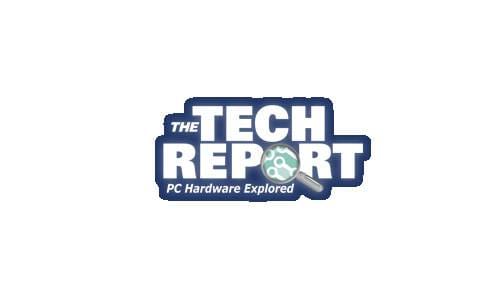AOMEI: Free, both backup and clone. Without problem.
My Computer
System One
-
- OS
- Windows 11 Pro 64-bit
- Computer type
- PC/Desktop
- Manufacturer/Model
- Assembled at home by me
- CPU
- AMD Ryzen 7 3800XT
- Motherboard
- ASUSTeK COMPUTER INC. PRIME X570-PRO (AM4)
- Memory
- 16.3 GB
- Graphics Card(s)
- 8192MB ATI Radeon RX 580 Series (XFX Pine Group)
- Sound Card
- Realtek High Definition Audio
- Monitor(s) Displays
- Samsung U32H75x (3840x2160@60Hz)
- Screen Resolution
- 3840x2160@60Hz
- Hard Drives
- 1863GB TOSHIBA HDWD120 (SATA )
232GB Samsung SSD 960 EVO 250GB
- PSU
- Thermaltake SMARTPRO RGB 750W
- Case
- Cooler Master
- Cooling
- Fan cooling
- Keyboard
- Samsung SDM4510P
- Mouse
- LOGITECH M705
- Internet Speed
- 5O MBPS
- Browser
- CHROME, EDGE








